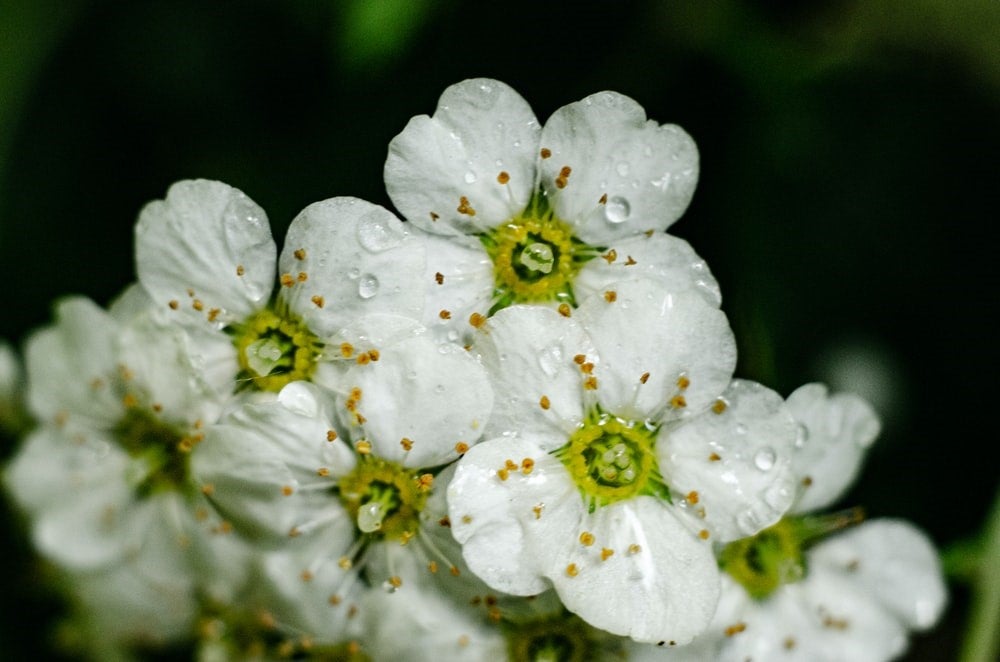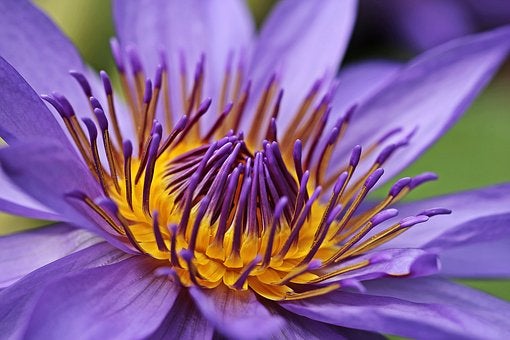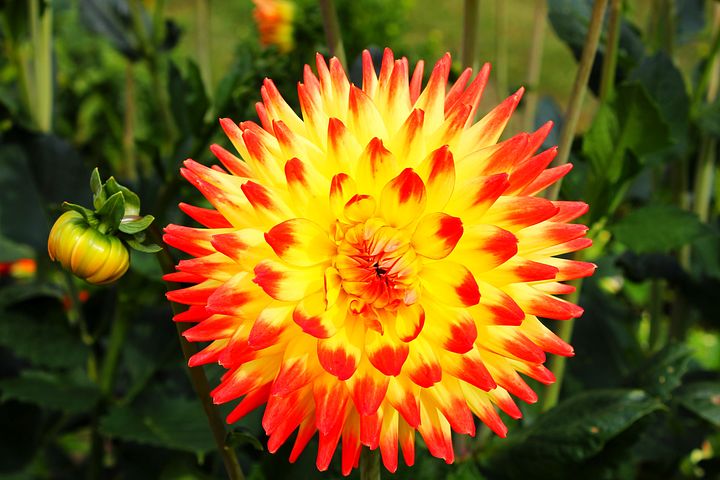1/12/2023
The Less You Judge, the Better You Sleep: The Benefits of Mindfulness and Forgiveness for Insomnia and Sleep Problems Rumination can play an important role in sleep problems, including insomnia…
1/6/2023
“Most of the shadows of this life are caused by our standing in our own sunshine.” Ralph Waldo Emerson Understanding the Habit Loop and How We Feed It The definition of anxiety is a feeling of worry, nervousness, or unease typically about an imminent event or something with an uncertain outcome. Where does anxiety come from? Without even knowing it we may be feeding it or making it worse in attempts to make ourselves feel better. We mentioned “feeds” in last month’s Musing, the endless activities that can consume our time and attention. Feed binging is just one way we may be playing into our anxiety. There is nothing wrong with the feeds depending on but how we are in relationship to them. However, this relationship may be making our anxiety worse. Because anxiety is at an all-time high, it is worth considering. The iPhone was designed after a casino, with all the bells and whistles to keep our attention. It activates our sympathetic nervous system, the flight, fight or freeze system in the body. You get that nice hit on your Instagram and your phone “bings”. Someone “likes” you. This feels good and now you want to post again. You may think, I want to feel good right now, I’m going to post something, and I’ll feel better. This repeated behavior begins to lay down a habit. Post- get a bing- feel better.
11/22/2022
New Unwinding Anxiety Course to Be Offered Starting in January Monday, January 16 - February 20, 5:30 pm- 7 pm This 6-week, 90-minute Zoom class taught by Cawood Fitzhugh focuses…
11/22/2022
The Mindfulness Center Will Be Offering a Holiday Pause Every Monday in December December 5,12,19,26 from 5:30 pm - 6:15pm Need a little reset? Treat yourself to a pause for…
11/22/2022
Mindfulness-Based Stress Reduction Versus Medication for the Treatment of Anxiety Disorders Anxiety disorders are common. They can be highly distressing and interfere with functioning. Mindfulness-based interventions, such as mindfulness-based stress…
11/22/2022
“The only way to make sense out of change is to plunge into it, move with it, and join the dance.” - Alan Watts What is mindfulness training? Mindfulness training is practicing how to operate in present moment awareness intentionally and non-judgmentally. In our current societal state of being driven by distraction, this has become a lost art. Consciously or unconsciously, we tend to choose to distract our attention away from whatever- usually something uncomfortable to something more comfortable. Those cute little puppy videos, Tic Tok, Instagram or our cell phones are good at this. It’s so automatic, we aren’t even aware of it. There are endless “feeds” today in which to spend our time and attention. Although there is nothing inherently wrong with these feeds, they can impact our lives in some unknowingly adverse ways by increasing anxiety. Take a few moments reflecting on how many feeds you find yourself spending your time pursuing. Here are just a few examples of our daily “feeds”.
Reflections on the Tragedy at UVA
11/22/2022
It’s been a week since the mass shooting occurred at the University when three football players died, Lavel Davis Jr, Devin Chandler and D’Sean Perry, and another football player, Michael Hollins Jr, and a student, Marlee Morgan, were seriously injured. Another student, Christopher Jones, has been arrested for the shooting. Many others’ lives have been irrevocably changed. Grief over the deaths as well as the impact of trauma of the event will persist for a long time, undoubtedly for the duration of their lives for some. How can mindfulness be helpful in such a terrible situation? We can remember that we can just be with whatever arises without judging our experience. There are multiple emotions we might feel-grief, anger, fear, among many- and we can see if it’s possible to acknowledge whatever we’re feeling, even if we then choose to shift our attention to something else. Connecting with others can be helpful in validating what we are experiencing and recognizing that we are not alone. The University did this on a large scale with the memorial service that was held on Saturday at the John Paul Jones Arena. We can cultivate kindness for ourselves because many of the emotions that arise are difficult to be with.
9/29/2022
Fall Mindfulness Classes Underway The Mindfulness Center Fall courses have begun. One class is already underway: Mindfulness for Healthcare Employees, taught by Matt Goodman. Mindfulness for Healthcare Employees is being…
9/29/2022
The Impact of Brief Mindfulness Training on Interception Interception refers to the brain's representation of sensations originating within the body, including many sensations associated with emotions. How these signals are…
9/29/2022
Have you noticed how much the word “mind” is part and parcel of our lives, how we tell stories and sing songs about the mind, as though it were a phenomenon that operates on its own, separately from “me”? Song titles with the word “mind” abound: the difficult conditions of your mind…Pain of Mind, Mind War, Crazy Out of My Mind, Dead-end Mind, Unsound Mind, Mind Games, All in the Mind, Quiet Mind, Thorn in My Mind, Half a Mind, A Mind With a Heart of Its Own. Then there’s your mind and what to do with it - Say What’s On Your Mind, Send Your Mind, Make Up Your Mind, Mind Control, Relax Your Mind, Free Your Mind, Open Your Mind, Mind Eraser, When the Heart Rules the Mind, Quiet Your Mind, Change Your Mind, Travel With Your Mind, (but while you’re traveling, Don’t Lose Your Mind!) And questions about your mind… If You Change Your Mind, Did You Ever Have to Make Up Your Mind? Where Is My Mind? Can I Change My Mind? And traveling around inside the mind… In the Back of My Mind, First Thing on My Mind, Mind over Matter,




